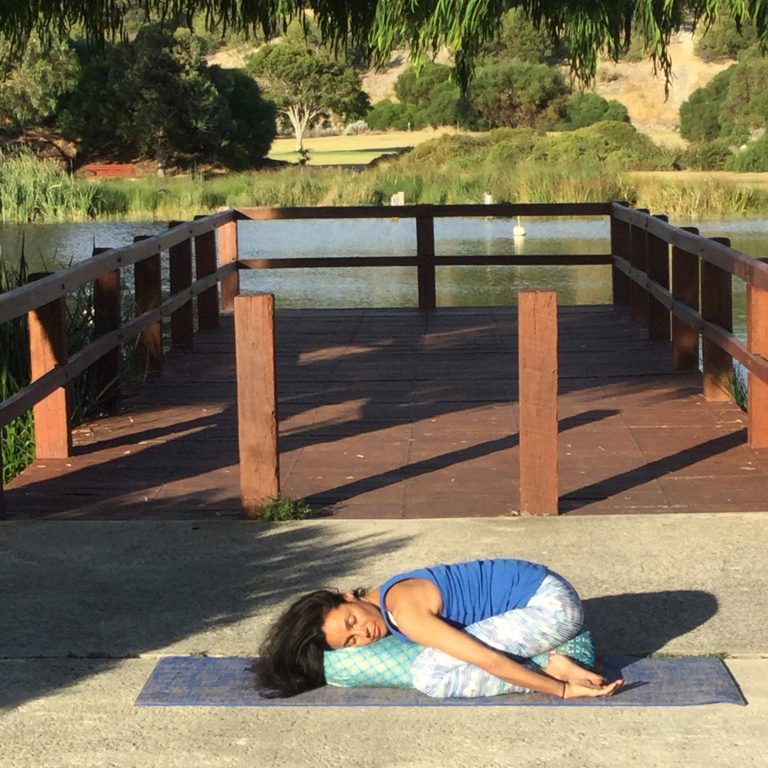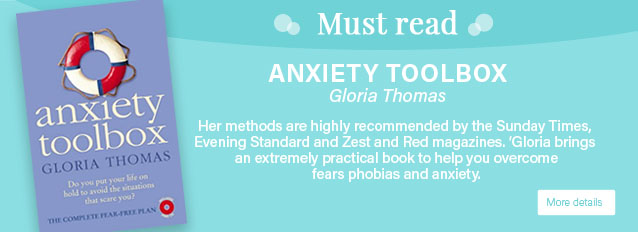RELAXATION
According to the World Health Organization, there are unprecedented levels of emotional distress in the world today. This is not surprising considering the tragedies that are happening globally, which are broadcast into our living rooms through the television and radio. On a daily basis, we experience angst from the external pressures of 21st-century living. We live in a society of “human doing” whereby we push ourselves to the limit to keep up with a pace of life which is fast and furious. For many this makes life seem like an emotional rollercoaster. It has become the norm to feel anxious, stressed and hyper- vigilant about life.
Equally, we also experience stress from our internal thought processes that come from our perception of the world. These include our projections, our emotional triggers, our internal habitual thinking, how we communicate and the beliefs and values we hold about ourselves and the world around us.
There is a tangible physical reality to stress. Intrinsically we rely on the natural mechanisms of the body to regulate our responses to both our internal and external world. Two such components are the sympathetic nervous system and parasympathetic nervous system. When we are stressed sympathetic arousal is triggered in the body releasing a cascade of responses to allow the body to fight or take flight. When the stressor is no longer there the parasympathetic system counteracts this through bringing on the relaxation response to bring mind and body back into balance.
When we are stressed we use up more energy than when we are in a calm, peaceful state of relaxation.
Stress depletes our vitality levels, causing an energy deficit to mind, body and spirit. This can happen at any age, but if you are in your middle years and you have frequently been stressed by life’s challenges, you will have repeatedly triggered the body’s stress response and pumped stress hormones into your body. You may already be feeling the results of prolonged stress through waning vitality levels.

RECHARGING YOUR BATTERIES
We can manage our energy levels through learning to control our state, our thinking and our behaviours so that we create an energy surfeit in mind, body and spirit. Breathing is the greatest tool to manage our emotional state, bringing mind, body and spirit into autonomic balance. In addition, practices should be chosen that promote the relaxation response in the body. Examples of these practices are progressive relaxation, hypnosis, meditation, massage, yoga, pilates, Qigong or tai chi. These should be combined with psychological help to create new neural pathways, thought processes and behaviours. The more relaxed we can be the more we allow our human spirit to thrive in our daily living.
If you want to function better emotionally and to have more of these qualities in your life, then now is the time to relax and explore your energy for life!
